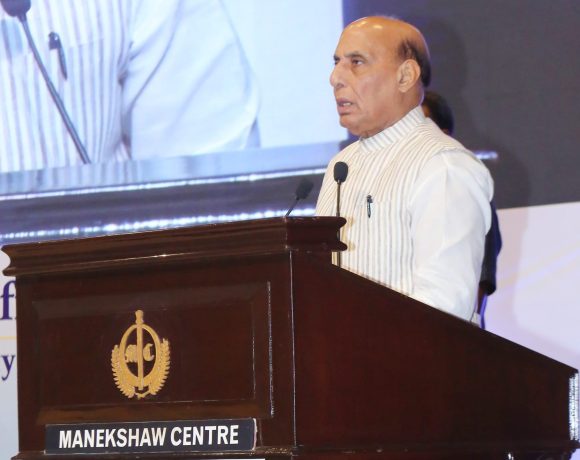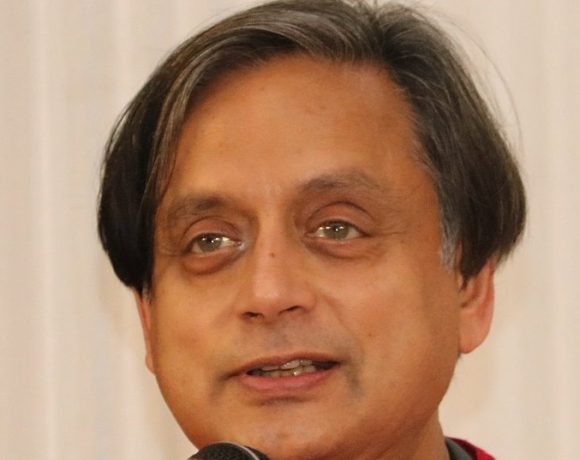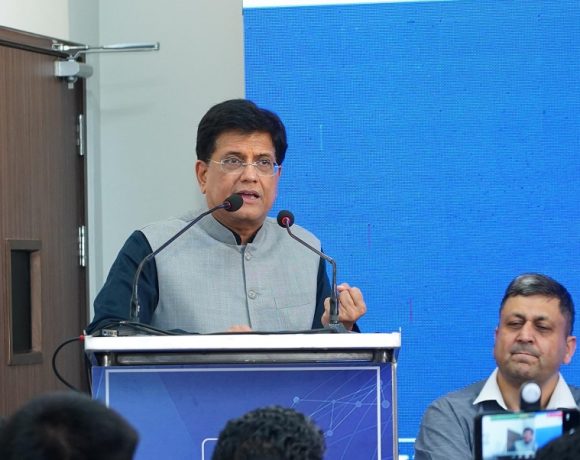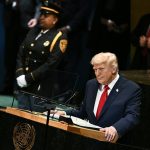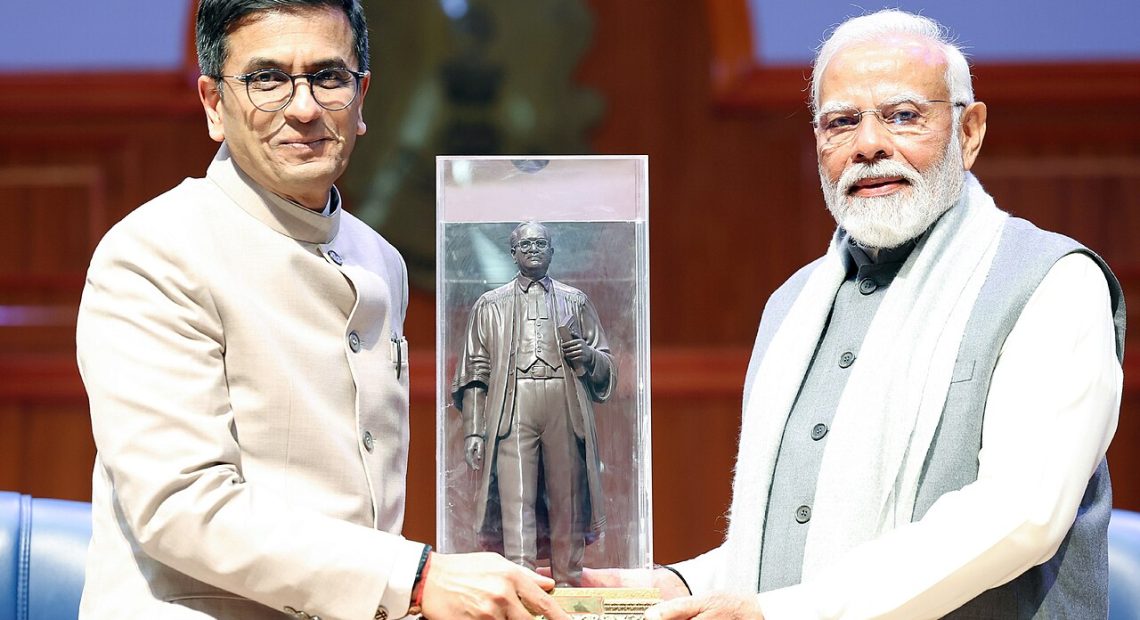
CJI Chandrachud Recommends Justice Sanjiv Khanna as Successor
Chief Justice of India (CJI) DY Chandrachud has recommended Justice Sanjiv Khanna, the senior-most judge of the Supreme Court, as his successor.
The recommendation was made following a request from the government, which wrote to CJI Chandrachud last Friday, in line with the Memorandum of Procedure. Justice Chandrachud will retire on November 8, 2024, after completing his two-year term as Chief Justice.
Justice Sanjiv Khanna to Become the 51st CJI
Once approved by the government, Justice Khanna will take over as the 51st Chief Justice of India. His tenure is expected to last for six months, concluding on May 13, 2025, upon his retirement. Known for his extensive contributions to the Indian judiciary, Justice Khanna began his legal career in 1983, practicing at the Tis Hazari district courts before advancing to the Delhi High Court.
Elevated to the position of additional judge at the Delhi High Court in 2005 and a permanent judge the following year, Justice Khanna has held several key positions. He has served as Chairman and Judge-in-charge of notable institutions such as the Delhi Judicial Academy and the Delhi International Arbitration Centre.
Notable Judgments and Contributions
Justice Khanna was elevated to the Supreme Court on January 18, 2019, bypassing the traditional path of serving as Chief Justice of a High Court. Throughout his Supreme Court tenure, he has delivered important rulings, including one allowing former Delhi Chief Minister Arvind Kejriwal to secure interim bail during the Lok Sabha election campaign.
Justice Khanna also played a pivotal role in legal interpretations under the Prevention of Money Laundering Act (PMLA), emphasizing that delays in legal proceedings could justify granting bail, notably in the case involving former Deputy Chief Minister Manish Sisodia.
In April 2024, Justice Khanna led a bench that ruled against 100% verification of votes using Voter Verifiable Paper Audit Trails (VVPATs) with electronic voting machines (EVMs), affirming the Election Commission of India’s procedures for secure vote counting. He also recently contributed to a five-judge bench decision declaring the electoral bond scheme unconstitutional, emphasizing the public’s right to information about political funding.
Justice Khanna’s stance in upholding the abrogation of Article 370 further demonstrated his impact on India’s legal framework. He highlighted that while Article 370 was unique to India’s federal structure, it did not imply sovereignty for Jammu and Kashmir.
As he prepares to assume the role of Chief Justice, Justice Khanna brings a wealth of judicial experience and a history of significant contributions to India’s legal system.


